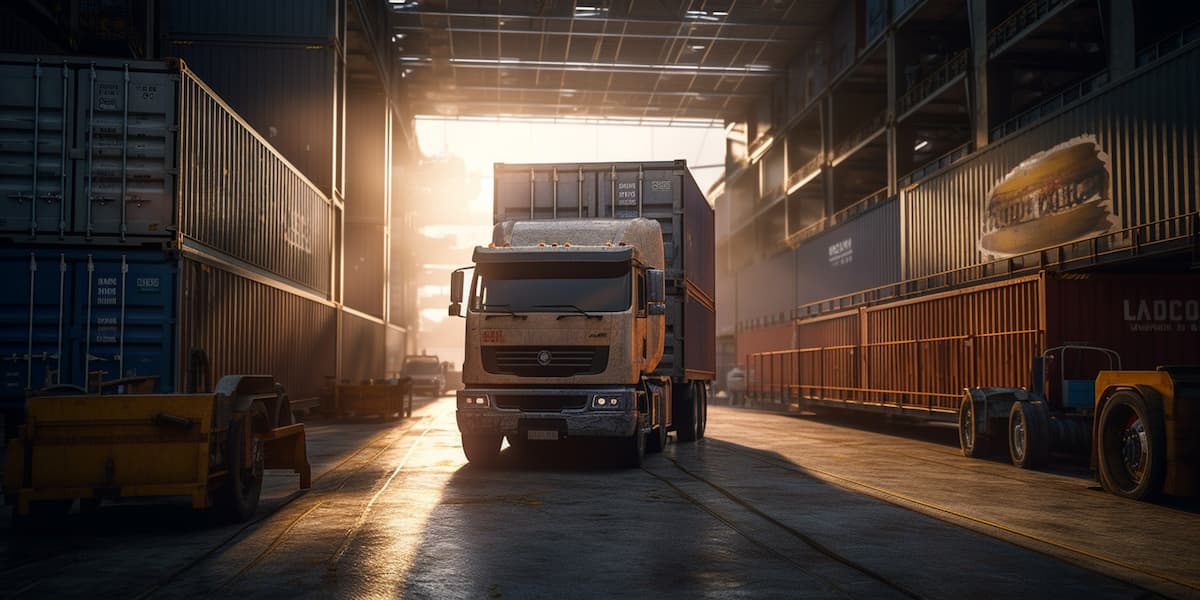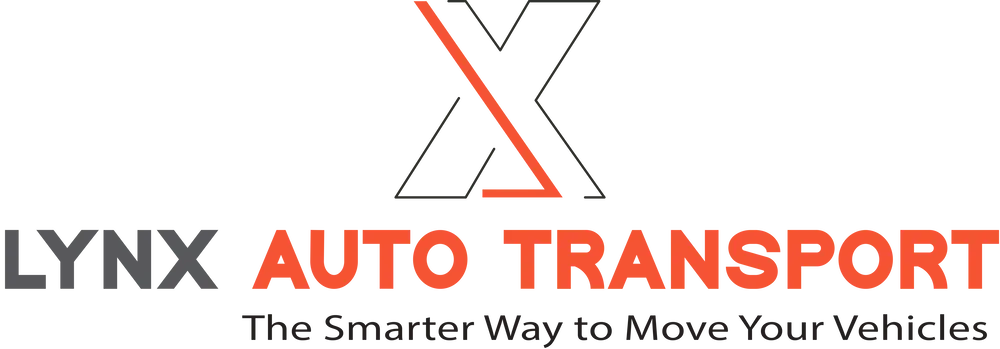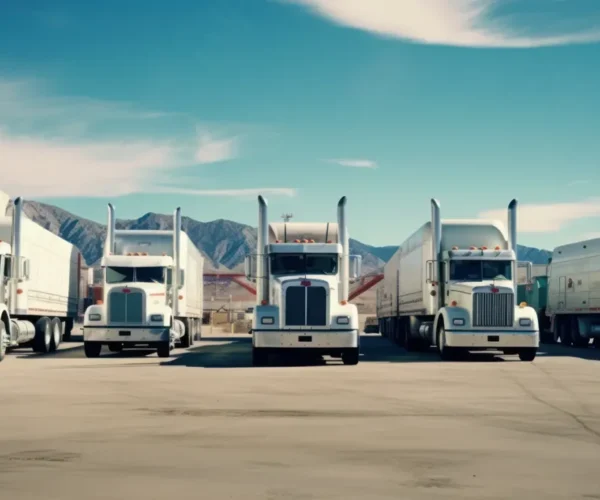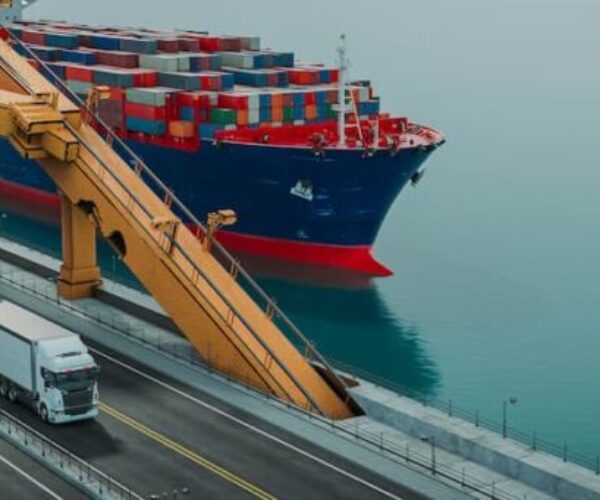Transporting your vehicle can pose challenges, especially when unsure of the best method.
Therefore, in this piece, we’ll delve into the pricing of enclosed auto transport and why it stands out as the optimal choice for shipping cars, especially those that are high in value or distinct.
Key Takeaways:
- Enclosed auto transport offers superior protection, especially for high-value vehicles.
- Despite being more expensive than open transport, it safeguards against weather and potential damage.
- It’s suitable for luxury, classic, and specialty cars that require extra care during shipment.
What is Enclosed Auto Transport?
While most car transport companies provide the option of enclosed vehicle shipping, it often comes at a higher cost than traditional hauling methods.
The primary allure of enclosed transport lies in its ability to provide significantly greater protection during transit.
Unlike open haulers, which expose vehicles to the elements and potential vandalism, enclosed haulers offer a shield against such risks. Moreover, the confidential nature of enclosed transport makes vandalism highly improbable.
Enclosed car transport is particularly well-suited for expensive or unique vehicles.
For instance, high-end sports cars, race cars, or other distinctive vehicles may benefit from enclosed transport due to their considerable value and the need for enhanced protection.
Enclosed vs Open Auto Transport: Which is Better?
When deciding between enclosed and open auto transport, it’s crucial to understand the differences between the two.
Enclosed auto transport, often overlooked on the road due to vehicles being hidden from view, offers superior protection against various elements like rain, snow, and rocks. This method ensures that vehicles arrive in pristine condition, making it a preferred choice for transporting expensive or delicate vehicles.
On the other hand, open auto transport, the more common option, leaves vehicles exposed to the elements during transit. While this method is widely used and generally safe, vehicles are susceptible to damage from rain, snow, hail, and dirt. Despite this, open transport remains a popular choice for shipping vehicles, with most car manufacturers opting for open carriers to transport inventory to dealerships.
Overall, while open auto transport is more susceptible to environmental factors, both methods are generally safe for transporting vehicles.
Types of Vehicles Suited for Enclosed Auto Transport
Enclosed transport is the preferred choice for shipping high-value vehicles, making it essential to know which vehicle types are suitable for this method.
Luxury Cars
Race Cars
Stock Cars
Muscle Cars
High-End Sports Cars
Military Vehicles
Brand New Dealership Vehicles
Limousines
Off-Road Trucks
If your vehicle falls into any of these categories, opting for enclosed transport is advisable. Additionally, if you simply desire added protection for your vehicle, enclosed transport is a suitable option for ensuring its safety during transit.
Pros and Cons of Enclosed Auto Transport
Pros: Protection and Security, Priority Service Handling
Enclosed auto transport, also referred to as covered car shipping, involves enclosing the vehicle in a trailer throughout its journey. This ensures heightened protection and security, often accompanied by superior service and attention. Shielding the vehicle from hail, snow, sleet, rocks, and other road debris, as well as external elements, is a key benefit of enclosed transport.
Moreover, drivers handling enclosed transport are experienced with high-value vehicles, ensuring careful treatment. Additionally, enclosed transporters typically offer higher cargo insurance coverage. Some providers also offer hydraulic lift gates or extended ramps for loading vehicles with low ground clearance.
Cons: Higher Costs
The primary drawback of enclosed auto shipping is its higher cost. This option tends to be more expensive due to the elevated level of care, increased insurance coverage, and the fewer number of vehicles transported in enclosed trailers. With fewer enclosed carriers on the road, the service is generally pricier.

Cost of Enclosed Auto Transport
Enclosed auto transport typically costs anywhere from 30% to 65% more than shipping with an open trailer, and this price difference is justified.
Enclosed transport trucks come in various sizes, ranging from those capable of holding 1 to 8 vehicles. Larger trailers with capacities of 7 to 8 cars are categorized as “Soft Enclosed,” while smaller trailers accommodating 1 to 6 cars are considered “Hardside Enclosed.”
These specialized trucks are specifically designed to shield your vehicle from the elements. They are commonly used for transporting high-value vehicles, custom sports cars, and any other vehicles you prefer not to expose to the open road. Enclosed transport ensures protection from rain, ice, and other elements that could potentially soil or damage your vehicle.
Cost of Enclosed Transportation per Mile
The cost of enclosed transportation varies depending on the distance traveled:
- For distances up to 1,000 miles, expect to pay between $1.00 to $1.25 per mile, with a minimum charge of $400 to the carrier.
- For distances between 1,000 to 2,000 miles, the rate ranges from approximately $0.80 to $1.00 per mile.
- For distances exceeding 2,000 miles, the cost typically falls between $0.65 to $0.80 per mile.
Keep in mind that these rates are subject to change based on factors such as seasonality and availability. For an accurate and free enclosed transport quote, you can contact us today at (800) 553-1828 or fill out our quote form to receive your estimate within minutes.
Here are some questions you may consider asking your selected shipping company:
- What are your typical shipping costs?
- What services do you offer?
- Can you provide references for past clients?
- What payment methods do you accept?
- How much notice do you need for delivery?
- What are your MC or USDOT numbers?
- How is your customer service rated?
- Where is your company located?
- Do you offer door-to-door delivery?
- Can personal items be left in the vehicle during transport?
- How do you determine your rates?
- Are there options for expedited delivery?
- Is my presence required during pickup and delivery?
- What preparations are needed before shipping?
- What documents are required for shipping?
- Are your quotes reliable?
- How long have you been in business?
- What makes your company the best choice for my transport needs?
Why Choose Lynx Auto Transport for Enclosed Transport Services?
Opting for enclosed transport services may entail higher costs compared to open shipping. This is due to the limited availability of enclosed transport trucks, which specialize in transporting only a small fraction of vehicles daily. Enclosed carriers operate within a smaller customer base, resulting in higher per-mile and per-vehicle charges compared to open transporters.
For a complimentary quote, you can conveniently fill out our online quote request form on our website. Our dedicated and knowledgeable team members are committed to providing you with a top-notch auto transport experience. Your satisfaction is our priority at Lynx Auto Transport.
FAQs About Enclosed Auto Transport
Enclosed vs. Open Auto Transport: Which is Better for Shipping Cars?
When it comes to transporting valuable vehicles, such as newer luxury cars, exotics, sports cars, or meticulously restored classics, we generally recommend enclosed transportation services. While driving your car might be cheaper, shipping offers added security and safety.
Sea Transport for Cars: How Does It Work?
Specialized cargo ships, known as car carriers or roll-on/roll-off (RoRo) ships, are utilized for transporting cars across the sea. These vessels feature built-in ramps that facilitate easy loading and unloading, accommodating various vehicle sizes and shapes.
Cargo Ship Capacity: How Many Cars Can Fit?
The capacity of a cargo ship depends on its size, with larger carriers capable of accommodating up to 8,000 vehicles on a single voyage. These ships are engineered with multiple decks, maximizing space and efficiency for vehicle transport.
Weight Limit Considerations for Car Shipping
The weight of a vehicle, typically determined by its make and model, is supplemented by an additional 100 pounds. It’s essential to avoid overloading the vehicle with personal belongings, as exceeding weight restrictions poses safety risks and is illegal.













